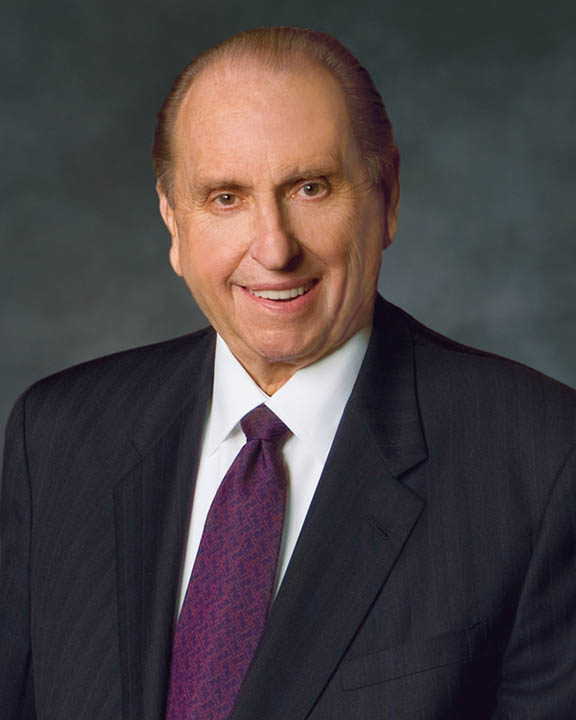Would a Mormon Prophet Resign?
With the 2013 resignation of the Catholic Pope, many wondered if the Mormon prophet is allowed to resign. Mormon prophets, like most Popes, serve until death.
The Church of Jesus Christ of Latter-day Saints, whose members are sometimes referred to as Mormons, is headed by a person who serves as both the prophet and the president of the Church. He is assisted by two counselors, and these three make up the First Presidency. They are the presiding body of the Church. Next in authority is the Quorum of the Twelve Apostles. These fifteen leaders together carry out the work of the Church of Jesus Christ. As a result, if the prophet is too ill to carry the full responsibility, he has other people who can assist in the work. Each apostle, like the prophet, is called as a prophet, seer, and revelator, which means they all have the authority to do the work of the Church.
For this reason, it is not necessary for a Mormon prophet to resign in the event of bad health. To this date, no Mormon prophet has resigned. During times of illness or incapacitation, the work of the Church has continued uninterrupted.
Each apostle, when he is ordained to the position, is given all the keys the prophet holds. These are symbolic keys representing authority to act in God’s name, not physical keys. However, the keys are dormant unless the president of the Church, as the senior apostle, authorizes the apostle to use them. Only the prophet is authorized to use all the keys and may delegate keys to others as necessary.
- “It should be in mind that some of the General Authorities have had assigned to them a special calling; they possess a special gift; they are sustained as prophets, seers, and revelators, which gives them a special spiritual endowment in connection with their teaching of the people. They have the right, the power, and authority to declare the mind and will of God to his people, subject to the over-all power and authority of the President of the Church. Others of the General Authorities are not given this special spiritual endowment and authority covering their teaching; they have a resulting limitation, and the resulting limitation upon their power and authority in teaching applies to every other officer and member of the Church, for none of them is spiritually endowed as a prophet, seer, and revelator. Furthermore . . . the President of the Church has a further and special spiritual endowment in this respect, for he is the Prophet, Seer, and Revelator for the whole Church.” (J. Reuben Clark, “When Are Church Leaders’ Words Entitled to Claim of Scripture?” Church News, 31 July 1954, pp. 9–10.)
Only the prophet can reveal new revelation for the entire church. However, revelation must come through God, who has control over the health and well-being of the prophet. He can ensure that if new revelation is necessary, the prophet is able to give it. The ordinary operations of the Church, however, and those duties requiring extensive travel, can ordinarily be carried out by the other members of the First Presidency and the apostles.
The operations of the Church of Jesus Christ in the early 1980s serve as an example of how this pattern works. In 1981, Spencer W. Kimball, then the prophet and president of the LDS Church, was in poor health. His mind was sometimes not clear. However, since his counselors were also in poor health, he decided to call a third counselor into the First Presidency to assist in the work. His son, Ed, recorded in his journal that his father’s mind completely cleared during the process of making this decision and reporting it to other leaders. Once the press conference announcing this change was completed, his son recorded that his father’s health and fogginess returned to its previous condition. His health declined rapidly during that time and he soon dealt only with issues that were essential for him to handle. On one occasion, he seemed to be unresponsive until asked an essential question, at which point he promptly responded with a decision. Even when he was no longer able to leave his home, the work continued through the counselors and the apostles. The Lord oversees the operation of His Church and understands what needs to be done. He has provided a structure that allows the work to continue as necessary under any circumstances. As a result, to this date, no prophet has needed to retire in order to allow the Church to operate at its full capacity.
